Permanent tooth replacement restoring function and confidence using advanced dental implants technology.
- +91-9989958835 - India
- +971 585812423 - UAE
- info@vkdental.com
- Lingampally, Hyderabad
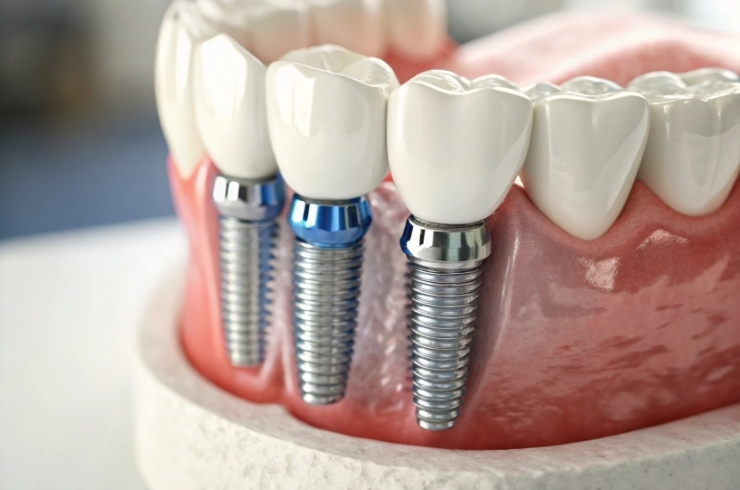
Permanent tooth replacement restoring function and confidence using advanced dental implants technology.

Customized cosmetic treatments enhancing smile, symmetry, and confidence through planning.
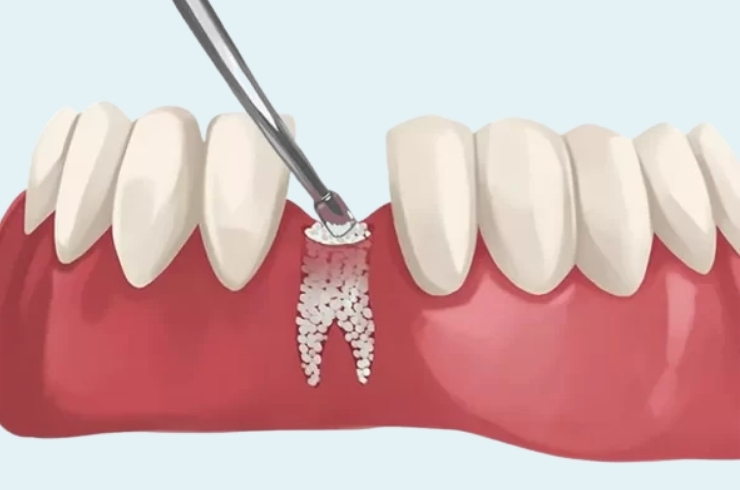
Specialized periodontal procedures restoring gum health and jawbone strength to support teeth stability and long-term oral health.

Gentle pediatric dental care focusing on prevention, comfort, and education to build healthy oral habits from early childhood.
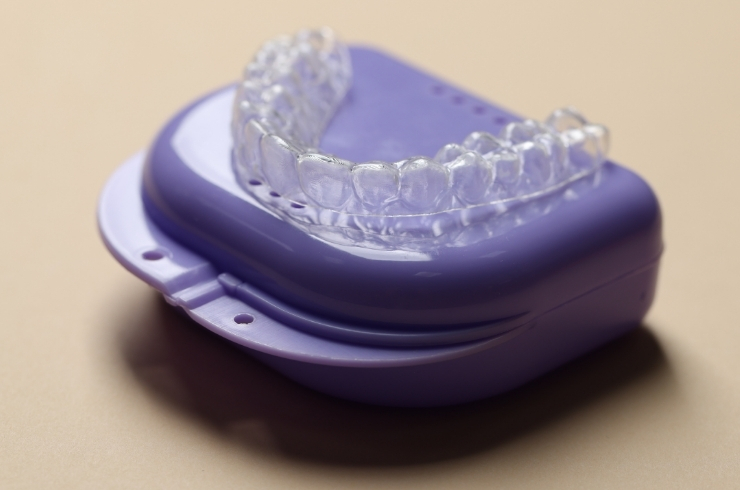
Correct misaligned teeth comfortably using advanced braces and clear aligners for improved bite, function, and confident smiles.
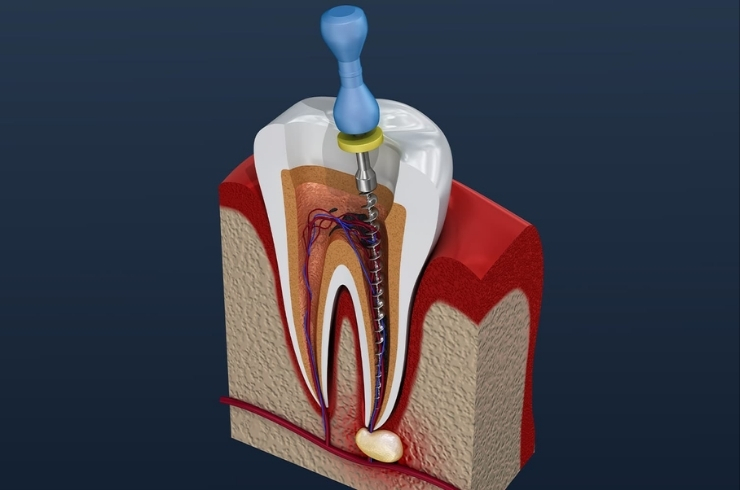
Advanced procedure that removes infected pulp, relieves pain, and preserves natural teeth effectively.
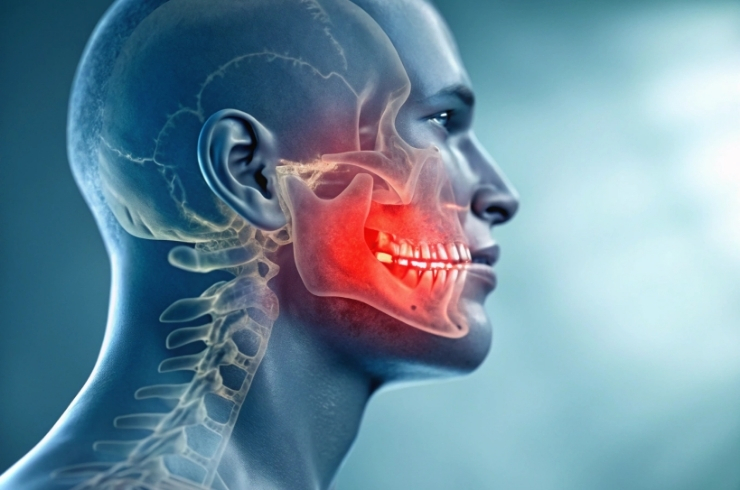
Advanced surgical treatments for facial, jaw, and oral conditions ensuring safety, precision, and faster recovery outcomes with expert specialist care.
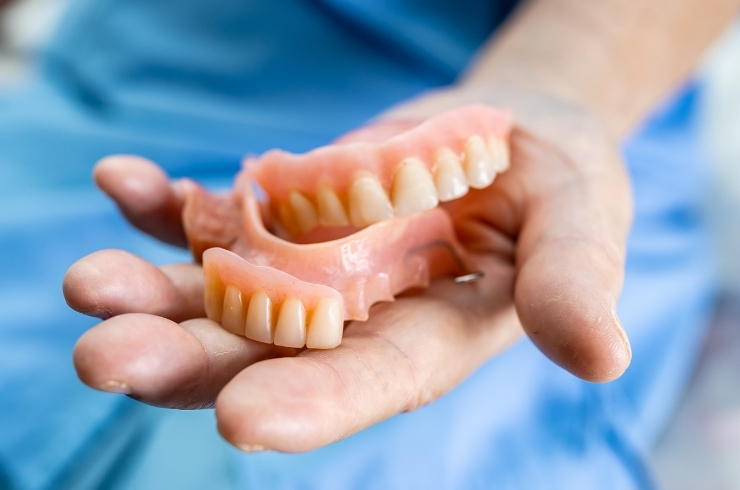
High-quality zirconia crowns and BPS dentures offering natural aesthetics, durability, comfort, and long-lasting functional results.
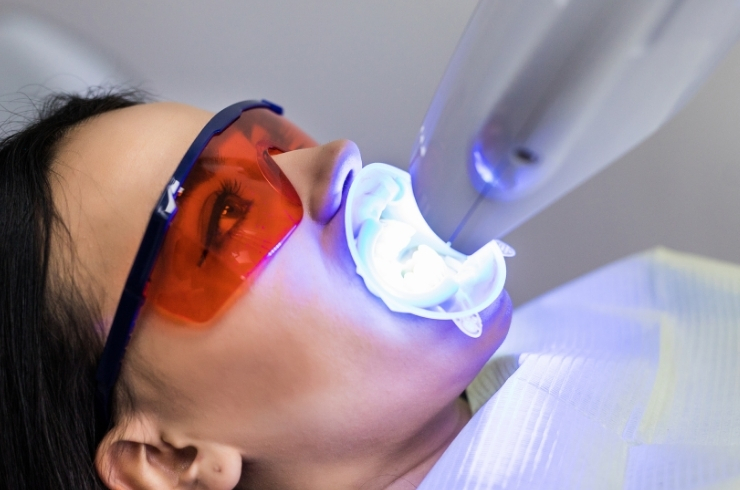
Minimally invasive laser procedures providing precise treatment, reduced pain, faster healing, and enhanced patient comfort with advanced technology.